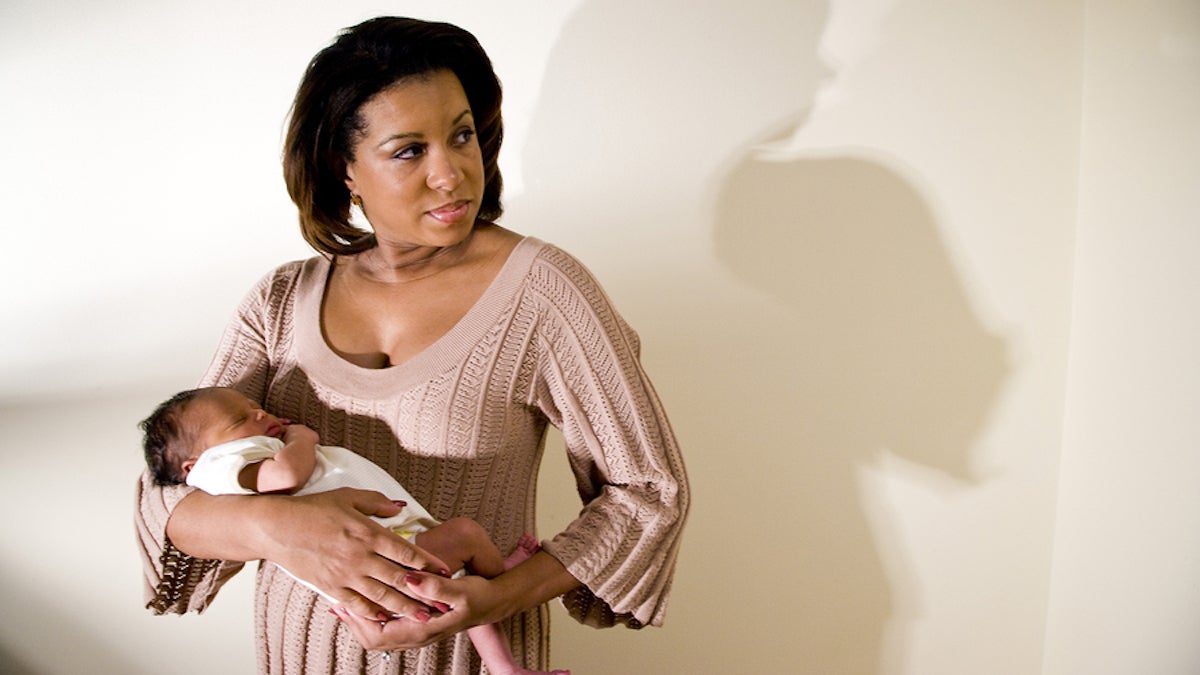Conference focusing on connection between sexual, behavioral health

(goldenKB/BigStock)
In Philadelphia, the number of women who die within a year of giving birth is higher than the national average.
Sometimes that’s because of accidental death or a physical health condition, but sometimes there’s a behavioral health crisis that leads to an overdose or suicide.
A conference, taking place on Wednesday at Temple University and led by a group called Access Matters, will focus on how behavioral health professionals can help these women.
Melissa Weiler Gerber is the AccessMatters president and CEO. While serving on Philadelphia’s maternal mortality review team, she studied the mothers who died within a year of the end of their pregnancies.
While some of the women suffered accidental deaths, a small group did not. She says that there were some young women who had had significant complex physical and behavioral health issues.
“But they were clearly not having all of their needs tended to in that many of them were not using effective contraception at the time of their deaths and at the time that they became pregnant,” Weiler Gerber said, “and in many cases, an unplanned pregnancy really seemed to be a trigger for a downward spiral in a person’s life.”
Weiler Gerber says that had there been some kind of conversation with their behavioral health care providers, a different outcome could have been possible. As it stands now, she says, most behavioral health practitioners — and many health professionals overall — receive no training in sexual health. Weiler Gerber says this shows a need to “cross train” psychiatrists and counselors in sexual health issues.
“The conference is really about helping providers on both sides become comfortable enough to have those conversations with their patients,” Weiler Gerber said.
She says providers will learn how to screen patients more effectively and to develop greater referral networks so patients get the specific care they need.
“The idea is really to break down the silos between these two disciplines,” she said, adding, “to help people understand the deep connections between sexual/reproductive health, and someone’s behavioral health.”
Workshops will focus on how to address trauma into the larger health care system and risk taking behaviors in the adolescent brain.
WHYY is your source for fact-based, in-depth journalism and information. As a nonprofit organization, we rely on financial support from readers like you. Please give today.

